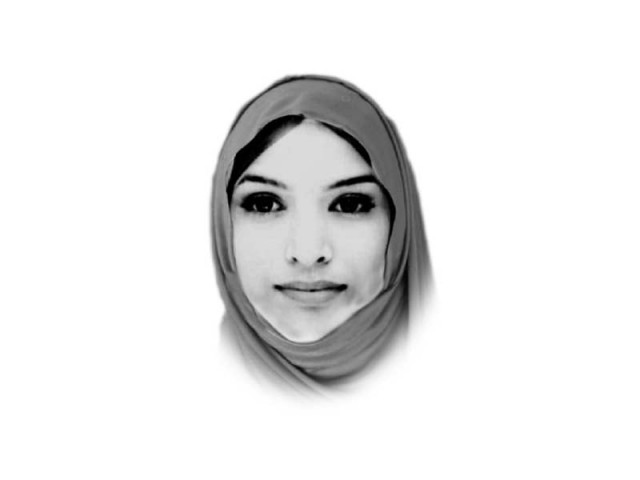Gendered public spaces
Gender harassment in any public space cannot be limited to mere urban regions

Ineluctably, development conceived by advanced countries and related institutions impact policies-cum-practices of other societies in the present age of globalisation. Trends of developed countries are rehashed in developing countries without considering the socio-cultural and politico-historical realities of these progressing societies. The discussion on ‘genderisation of urban-public-spaces’ is one such concept which is globally gaining popularity. UN Women has lately started equating safe urban spaces with empowerment of women and girls. Emphasis on opinions centering secure urban public spaces, like, protected public parks, safe streets, and trustworthy transportation for cities is gaining popularity. I have no doubt in commenting, in the near future, that a lack of gendered public spaces will be considered a major cause of vulnerabilities faced by women of developing countries within their own societies. Hence, the time is not far when the notion of ‘gendered public spaces’ will be orientalised and will gain global popularity as a solution to address suppression faced by women of developing and post-colonial countries, especially, by Muslim women.
The purpose of this piece is not to deny the challenges faced by women of the post-colonial world in public spaces. Neither it is to relegate the immediacy and importance of safe public places for women. Rather, it is to highlight that addressing these problems without looking into the real underlying concerns will only provide superficial solutions to these problems. I’m afraid such solutions will focus on the needs of only a small number of women in developing nations — who are urban and working. Hence, ignoring those urban women who intend to (or are asked to) limit themselves to the home. Thus, at the same time, disregarding the reasons preventing them to enter public spaces. Globally, it is being assumed that planning urban public spaces with a gendered perspective will eradicate gender harassment issues by addressing the needs of the entire population of any country. However, post-colonial developing countries are mostly agricultural in nature with the majority of population living in villages. Therefore, the application of ‘gendered urban public spaces’ will inevitably overlook the large rural feminine population.
Gender harassment, in the form of sexual comments, stalking, staring etc, in any public space — including buses, markets, and other places — cannot be limited to mere urban regions. However, if reduced to cities, it will not be wrong to interpret ‘genderisation of urban public spaces’ in post-colonial developing countries as a neo-liberal approach of development. As it will only target the economically productive population, its claims of inclusivity will be dubious. Therefore, in order to address the real issues of indigenous post-colonial societies, it becomes central to glocalise — make a global idea local — the concept of gendered public space by going beyond the notion of urban public spaces.
Pakistani urban and gender specialists, as well as law experts, have begun to talk and implement the global idea of genderising urban public spaces. Unfortunately, explanations offered by these professionals depict little knowledge of post-colonial complications and issues faced by indigenous women of post-colonial developing countries, particularly of Pakistan. Despite their denial, these discussions are either trapped in perceptions of international development organisations about gender issues of developing countries or are surrounded by the solutions to gender issues existing in the public areas of developed neo-liberal countries. Thus, to make our public spaces safe we need to understand the concept of public spaces within the context of Pakistan as a post-colonial developing society. Simultaneously, it also becomes important to explore philosophical roots of the term ‘public spaces’ to better know its contextual meaning.
Published in The Express Tribune, August 30th, 2020.
Like Opinion & Editorial on Facebook, follow @ETOpEd on Twitter to receive all updates on all our daily pieces.















COMMENTS
Comments are moderated and generally will be posted if they are on-topic and not abusive.
For more information, please see our Comments FAQ